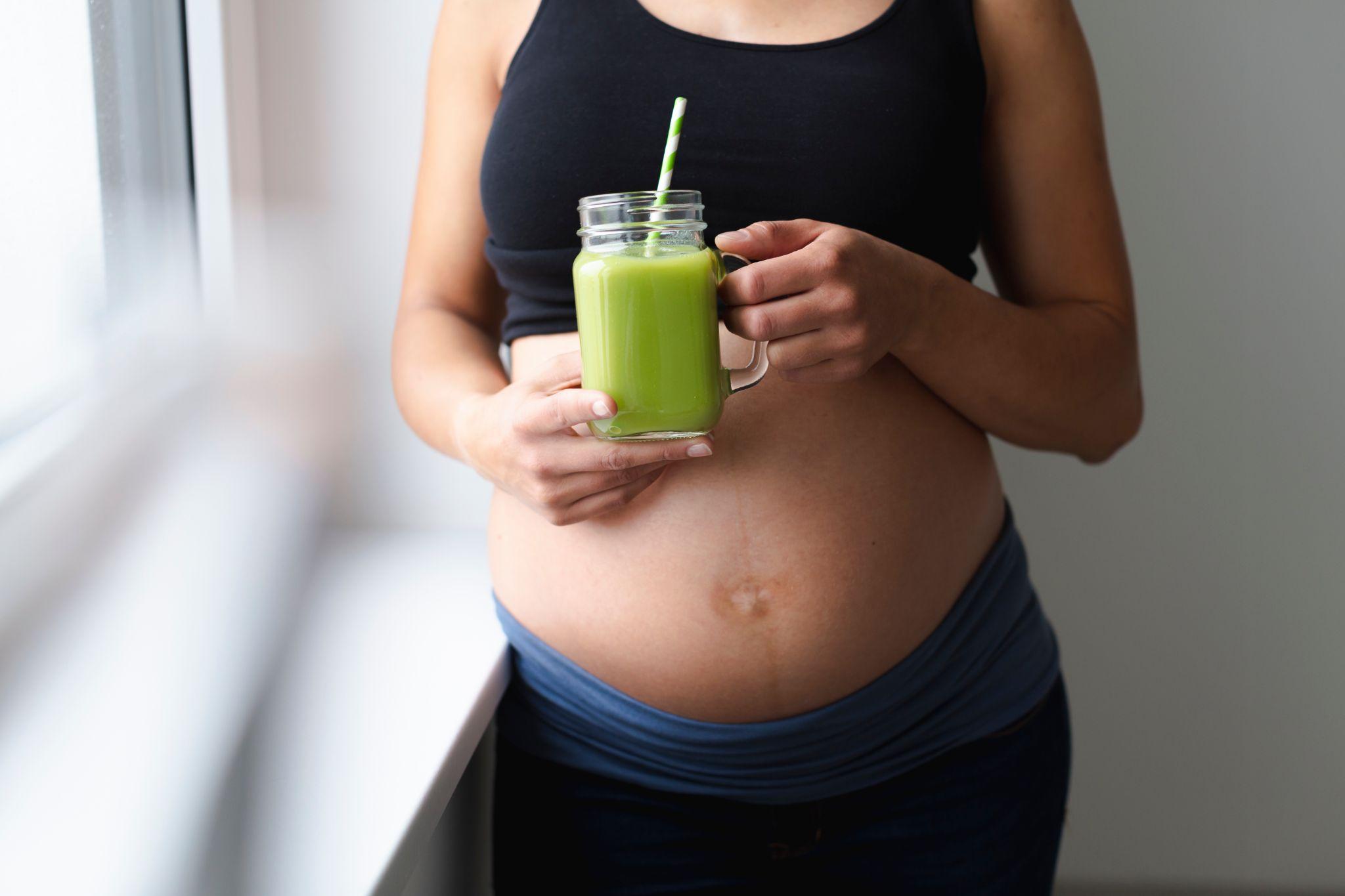Pregnancy is a significant period in a woman’s life, bringing about numerous changes and responsibilities. One of the most crucial aspects is ensuring the health and well-being of both the mother and the unborn baby. For women struggling with alcohol addiction, pregnancy presents unique challenges. Understanding the effects of alcohol during pregnancy and knowing how to seek help is essential for the health of both mother and child.
Is Any Alcohol Safe During Pregnancy?
Many women wonder if any amount of alcohol is safe to consume during pregnancy. The straightforward answer from health experts is no. There is no known safe amount of alcohol to drink during pregnancy. Alcohol can pass through the placenta to the developing baby, and even small amounts can affect fetal development in various ways. Because it is so sensitive and risky, it is best to avoid alcohol entirely during pregnancy to ensure the baby’s health and development are not compromised.
How Does Alcohol Affect My Unborn Baby?
When a pregnant woman consumes alcohol, it crosses the placenta and reaches the baby. This can lead to a range of developmental issues and complications. Alcohol exposure can interfere with the baby’s brain development and overall growth. The severity of the impact depends on factors such as the amount of alcohol consumed, the timing during pregnancy, and the frequency of consumption.
Alcohol can cause a variety of birth defects and developmental disorders known as fetal alcohol spectrum disorders (FASD). These disorders can result in physical abnormalities, cognitive impairments, and behavioral problems. The baby may suffer from issues such as learning disabilities, poor coordination, hyperactivity, and difficulties with attention and memory.
Risks of Alcohol Use During Pregnancy
The risks associated with alcohol use during pregnancy are significant and far-reaching. Some of the major risks include:
- Miscarriage: Consuming alcohol increases the risk of miscarriage, particularly in the early stages of pregnancy.
- Stillbirth: Alcohol use can lead to stillbirth, where the baby is born without signs of life after 24 weeks of pregnancy.
- Preterm Delivery: Drinking alcohol can cause premature birth, leading to a host of health issues for the newborn, including respiratory problems, infections, and long-term developmental delays.
- Fetal Alcohol Spectrum Disorders (FASD): As mentioned earlier, FASD encompasses a range of physical, cognitive, and behavioral problems that can affect a child throughout their life.
- Facial Abnormalities: Research shows that alcohol use in the first 3 months of pregnancy can lead to abnormal facial features.1
- Low Birth Weight: Babies born to mothers who drink alcohol during pregnancy are more likely to have a low birth weight, which can lead to additional health complications.
- Developmental Delays: Alcohol exposure in the womb can lead to developmental delays, affecting the child’s ability to reach milestones at the appropriate age.
How and When Should You Give Up Drinking Alcohol?
The earlier a person quits drinking alcohol, the better it will be for the baby’s development. Even alcohol use during the few weeks before you know that you’re pregnant (and before it shows up on a pregnancy test) can have lasting effects.2
Even if you’re not aware of the pregnancy at first, or if you’re having trouble giving up alcohol, it’s never too late to stop. Quitting at any stage can still provide significant benefits and prevent further risks.
If you are actively trying to get pregnant: Abstain from alcohol entirely as soon as you decide to conceive. This ensures that your body is in the best possible condition to support a healthy pregnancy.If you discover (or suspect) you are pregnant and have been drinking: Stop immediately. Every day without alcohol improves the chances of a healthier pregnancy outcome.
If you are pregnant but are still struggling to quit drinking alcohol: Immediately seek support from professional addiction specialists who can provide the necessary guidance and treatment options.

How to Avoid Alcohol in Pregnancy
Avoiding alcohol during pregnancy is crucial for the health of your baby. Here are some practical tips to help you stay alcohol-free:
- Educate Yourself: Understand the risks associated with alcohol consumption during pregnancy. Knowledge can be a powerful motivator.
- Find Alternatives: Replace alcoholic drinks with non-alcoholic options such as sparkling water, fruit juices, or mocktails.
- Create a Support System: Surround yourself with supportive friends and family who encourage your decision to stay alcohol-free.
- Stay Busy: Engage in activities that do not involve alcohol, such as exercise, hobbies, or spending time with loved ones.
- Avoid Triggers: Identify and avoid situations or places where you might be tempted to drink alcohol.
- Seek Professional Help: If you struggle to avoid alcohol, do not hesitate to seek help from healthcare providers or addiction specialists.
If You’re Pregnant and Addicted to Alcohol, Lumina Recovery Can Help
Facing addiction during pregnancy can be incredibly challenging, but you don’t have to do it alone. At Lumina Recovery, we offer compassionate, specialized alcohol addiction treatment to women who are struggling, providing comprehensive care for all their needs, including supporting a healthy pregnancy.
Our team of experienced professionals understands the unique challenges that pregnant women with addiction face. We offer a range of services to ensure both mother and baby receive the best possible treatment, including:
- Medical Detox: Supervised detoxification to safely manage withdrawal symptoms and prepare for further treatment.
- Individual Therapy: One-on-one counseling to address personal challenges, develop coping strategies, and set recovery goals.
- Group Therapy: Supportive group sessions to share experiences, build connections, and gain insights from others facing similar struggles.
- Prenatal Care: Comprehensive healthcare services to monitor the health and development of the unborn baby and support the mother’s well-being.
- Nutritional Counseling: Guidance on maintaining a healthy diet during pregnancy to support recovery and fetal development.
- Holistic Therapies: Integrative treatments such as yoga, meditation, and art therapy to promote overall wellness and reduce stress.
- Aftercare Planning: Ongoing support and resources to ensure sustained recovery and successful transition to post-treatment life.
Our holistic approach focuses on physical, emotional, and mental health, providing a supportive environment for recovery.
Choosing Lumina Recovery means choosing a dedicated partner in your journey to sobriety. We are committed to helping you achieve a healthy, alcohol-free pregnancy and supporting you every step of the way. Contact us today to learn more about our programs and start creating a better future for yourself and your baby.
Sources:


